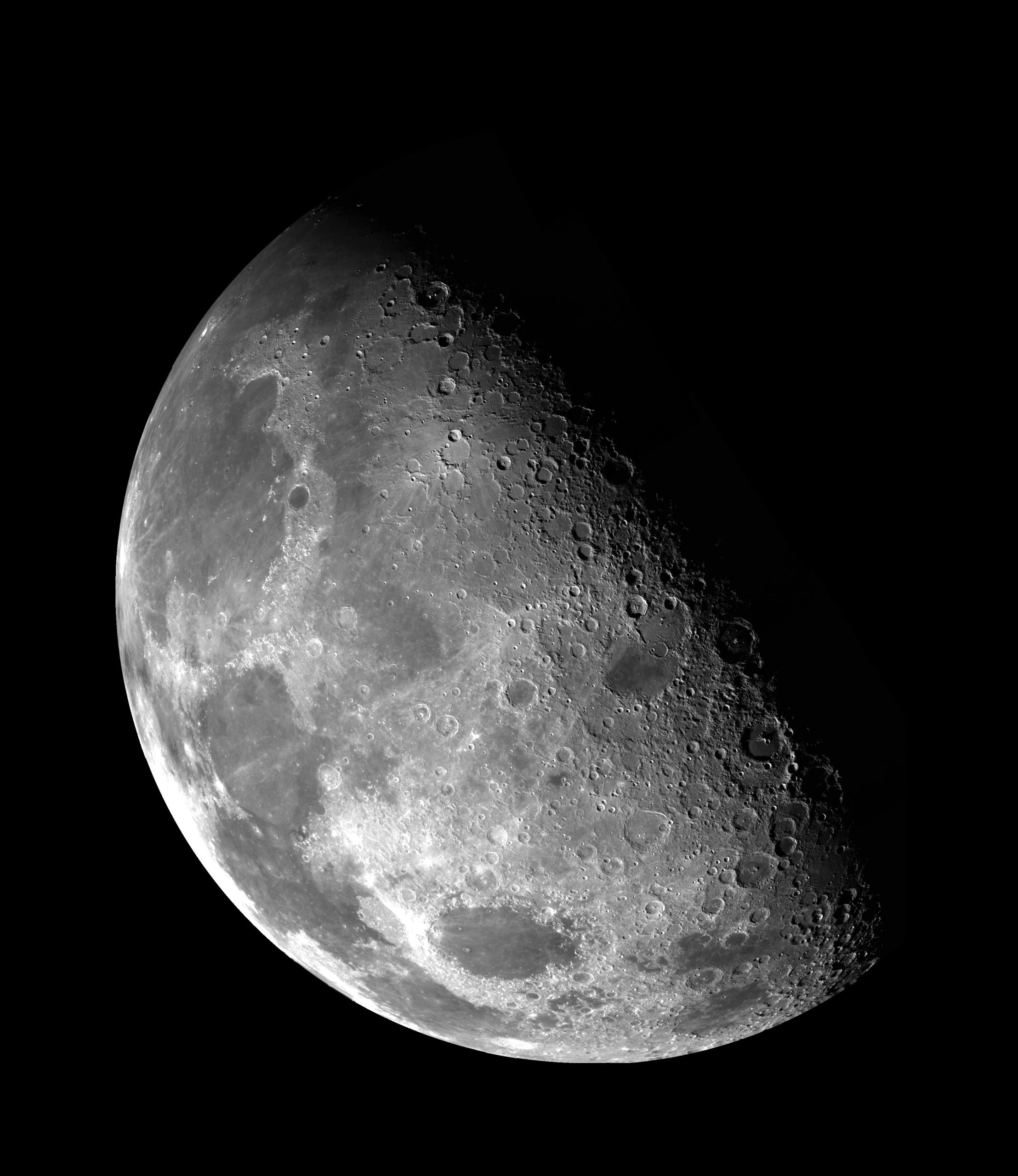Vedic vs. Western: Exploring the Differences and Similarities
When it comes to understanding the world and our place in it, there are various ancient wisdom traditions, each with its unique approach and perspective. Two of the most significant systems of thought are Vedic and Western. Vedic philosophy originates from the ancient scriptures of India, while Western philosophy stems from the classical philosophical traditions of ancient Greece and Rome.
While both Vedic and Western philosophies seek to provide answers to life’s fundamental questions, they differ in their methodologies, core concepts, and perspectives. In this blog post, we will explore the differences and similarities between Vedic and Western philosophies, shedding light on their respective strengths and teachings.
The Historical Context
The Vedic tradition traces its roots back thousands of years to the ancient sages of India. The Vedas, the oldest known scriptures in Hinduism, form the foundation of Vedic philosophy. These ancient texts provide insights into various aspects of human existence, including metaphysics, ethics, spirituality, and social order.
Western philosophy, on the other hand, emerged in ancient Greece around the 6th century BCE. Philosophers such as Socrates, Plato, and Aristotle sought to understand the nature of reality, knowledge, ethics, and the purpose of human life through rational inquiry and logical argumentation.
Despite arising in vastly different cultural contexts, both Vedic and Western philosophies share a common goal – the pursuit of truth and wisdom.
Approach to Knowledge
In Vedic philosophy, knowledge is derived from revelation and intuition. Truth is seen as something to be discovered within oneself through deep meditative practices and spiritual experiences. The ancient sages of the Vedic tradition used their refined consciousness to gain insights into the nature of reality and the interconnectedness of all things.
On the other hand, Western philosophy places a greater emphasis on rationality and empirical observation. Logical reasoning, scientific investigation, and critical thinking are used to understand the world and our place in it. The Western tradition values the use of evidence and logical argumentation to arrive at conclusions about reality.
Metaphysics
Vedic and Western philosophies differ significantly in their metaphysical frameworks. Vedic philosophy embraces the concept of Brahman, the ultimate reality and the underlying cosmic principle. According to the Vedas, Brahman is the source of all existence and the essential nature of everything. It is described as infinite, eternal, and transcendent.
In contrast, Western metaphysics evolved through various schools of thought. Plato’s philosophy, for example, posited the existence of a realm of Forms or Ideas, which are eternal and unchanging. Aristotle, on the other hand, believed in an empirical approach, emphasizing the study of the physical world and the concept of potentiality and actuality.
Human Nature
Vedic philosophy considers human beings as spiritual entities temporarily residing in physical bodies. The human soul or Atman is believed to be eternal, beyond birth and death. The ultimate aim of life, according to Vedic teachings, is to attain liberation (moksha) from the cycle of birth and death by realizing one’s true nature as pure consciousness.
Western philosophy, rooted in the humanistic tradition, places a greater emphasis on the human capacity for reason, morality, and free will. Various philosophers have proposed different theories on human nature, ranging from the belief in innate knowledge (Plato) to the idea that human beings are primarily driven by self-interest and the pursuit of pleasure (Epicurus).
Ethics
Both Vedic and Western philosophies provide ethical frameworks for guiding human behavior.
In Vedic philosophy, dharma forms the foundation of ethical conduct. Dharma encompasses one’s responsibilities, duties, and moral obligations based on one’s social and cosmic roles. The concept of karma is intertwined with the notion of dharma, suggesting that one’s actions have consequences not only in the current life but also in future lives.
Western ethics, on the other hand, has a rich tradition comprising various ethical theories such as virtue ethics, consequentialism, and deontology. Virtue ethics, influenced by the works of Aristotle, focuses on cultivating virtuous character traits to lead a good life. Consequentialism evaluates the morality of an action based on its outcomes, while deontology emphasizes ethical duties and the adherence to moral principles.
Spirituality and Mysticism
One area where Vedic philosophy stands out is its deep exploration of spirituality and mysticism. Practices such as meditation, yoga, and mantra chanting are integral parts of the Vedic tradition, aiming to cultivate inner peace, self-realization, and unity with the divine.
While Western philosophy also has its mystical and spiritual traditions, such as Neoplatonism and Christian mysticism, they have not been as prominently emphasized in mainstream Western thought. Western philosophy pays more attention to intellectual inquiry, logical analysis, and the study of nature.
The Quest for Knowledge
Vedic and Western philosophies offer unique perspectives on the nature of reality, human existence, and the pursuit of knowledge. Vedic philosophy draws on ancient wisdom and spiritual practices to provide insights into the ultimate reality and our higher nature as spiritual beings. Western philosophy, on the other hand, emphasizes rationality, logic, and empirical observation to understand the world through scientific and critical inquiry.
Both traditions have made significant contributions to the intellectual and spiritual development of humanity. By exploring the differences and similarities between Vedic and Western philosophies, we gain a broader understanding of the diversity of human thought and the various paths to truth and wisdom.
Ultimately, whether one resonates more with the Vedic or Western approach, the pursuit of knowledge and the quest for a deeper understanding of ourselves and the world around us remains a timeless and universal endeavor.
Table of Contents
